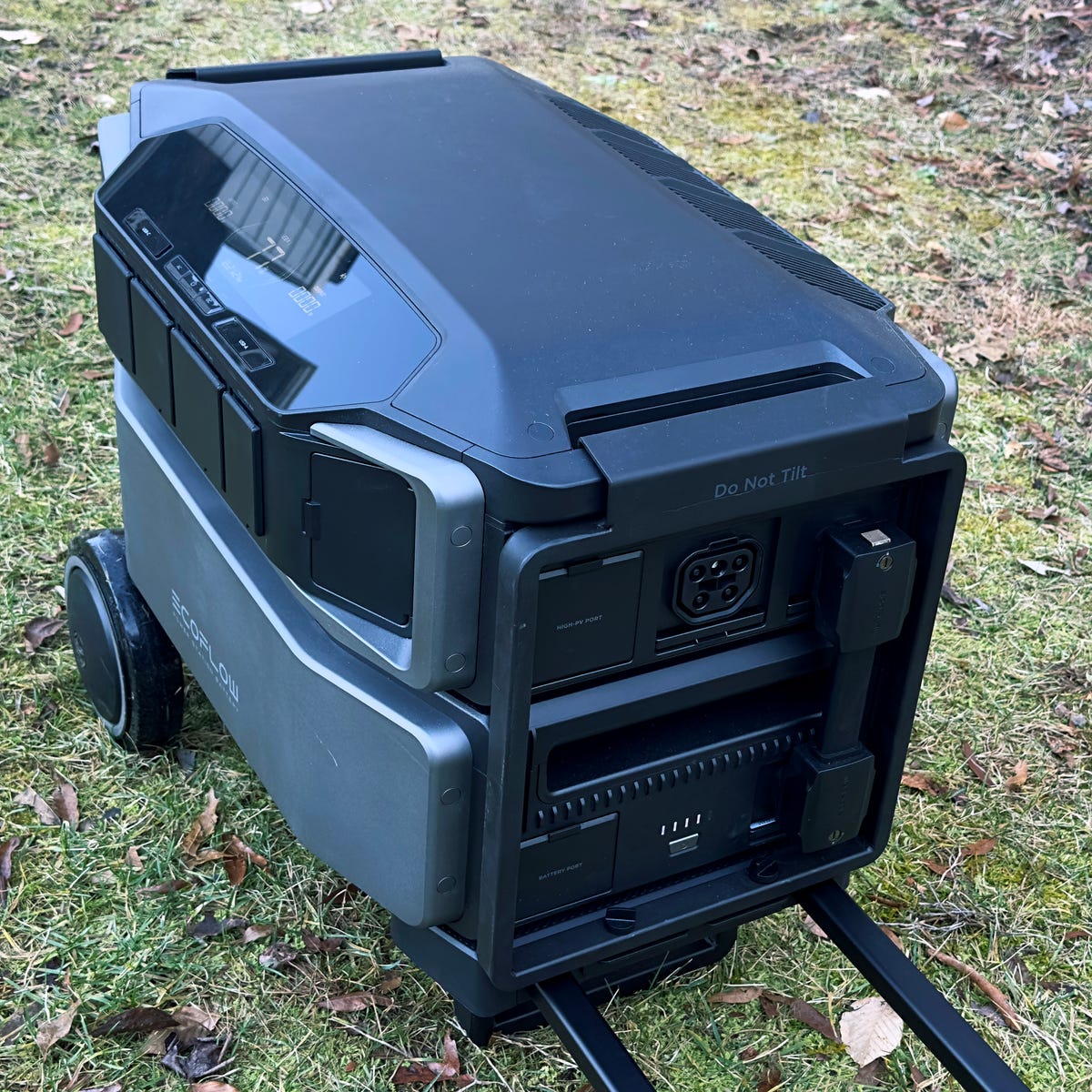
When it comes to ensuring uninterrupted power supply during outages or emergencies, a house battery backup system can be a lifesaver. With the increasing frequency of power outages due to severe weather events or grid failures, having a reliable battery backup is becoming essential for homeowners. However, choosing the best house battery backup for your home can be a challenging task with so many options available in the market. To help you make an informed decision, here are some factors to consider when selecting a house battery backup:
Capacity and Power Output
One of the most important factors to consider when choosing a house battery backup (also known as ‘huisbatterijbackup’ in the Dutch Language) is its capacity and power output. The capacity of a battery backup system is measured in kilowatt-hours (kWh) and determines how much energy it can store. The power output, on the other hand, is measured in kilowatts (kW) and determines how much power the system can deliver at any given time.
Things to consider:
- Assess your household's energy needs to determine the ideal capacity for your battery backup system.
- Consider the appliances and devices you would like to power during an outage to determine the required power output of the system.
- Choose a battery backup system with a capacity and power output that meets your household's needs to ensure uninterrupted power supply.
Battery Type
Another important factor to consider when choosing a house battery backup is the type of battery used in the system. There are several types of batteries available in the market, each with its own set of pros and cons. The most common types of batteries used in house battery backup systems are:
Types of batteries:
- Lead-acid batteries: Affordable but have a shorter lifespan and lower energy density.
- Lithium-ion batteries: More expensive but have a longer lifespan, higher energy density, and faster charging capabilities.
- Saltwater batteries: Environmentally friendly but have lower energy density and may require more maintenance.
Integration with Solar Panels
If you have solar panels installed on your property, it is crucial to choose a house battery backup system that can integrate seamlessly with your solar power system. By storing excess energy generated by your solar panels in a battery backup system, you can further reduce your reliance on the grid and increase your energy independence.
Considerations for integration:
- Ensure compatibility between your existing solar panels and the battery backup system you choose.
- Look for a battery backup system with built-in solar charge controllers and inverters for efficient energy management.
- Opt for a battery backup system that allows you to prioritize solar power usage during outages to maximize energy savings.
Warranty and Maintenance
When investing in a house battery backup system, it is essential to consider the warranty and maintenance requirements of the system. A good warranty can provide you with peace of mind and protect your investment in case of any defects or malfunctions. Additionally, understanding the maintenance needs of the battery backup system can help you prolong its lifespan and ensure optimal performance.
Key points to remember:
- Choose a battery backup system from a reputable manufacturer that offers a comprehensive warranty and reliable customer support.
- Follow the manufacturer's guidelines for maintenance and perform regular checks on the battery backup system to ensure proper functioning.
- Consider the cost of maintenance and factor it into your decision-making process when choosing a house battery backup.
Cost and ROI
Lastly, it is important to consider the cost of the house battery backup system and the return on investment (ROI) it can provide. While a battery backup system can be a significant upfront investment, it can help you save money in the long run by reducing your reliance on the grid and lowering your energy bills. Calculate the potential savings and ROI of a battery backup system to determine if it is a worthwhile investment for your home.
Calculating ROI:
- Consider the initial cost of the battery backup system, including installation and maintenance expenses.
- Estimate the savings generated by using the battery backup system during outages or peak hours when electricity prices are high.
- Determine the payback period for the battery backup system and assess its long-term benefits for your household.
By considering these factors when choosing a house battery backup, you can select a system that meets your household's energy needs, integrates seamlessly with your existing solar power setup, and provides reliable backup power during emergencies. Stay prepared and ensure uninterrupted power supply for your home with the right house battery backup system.